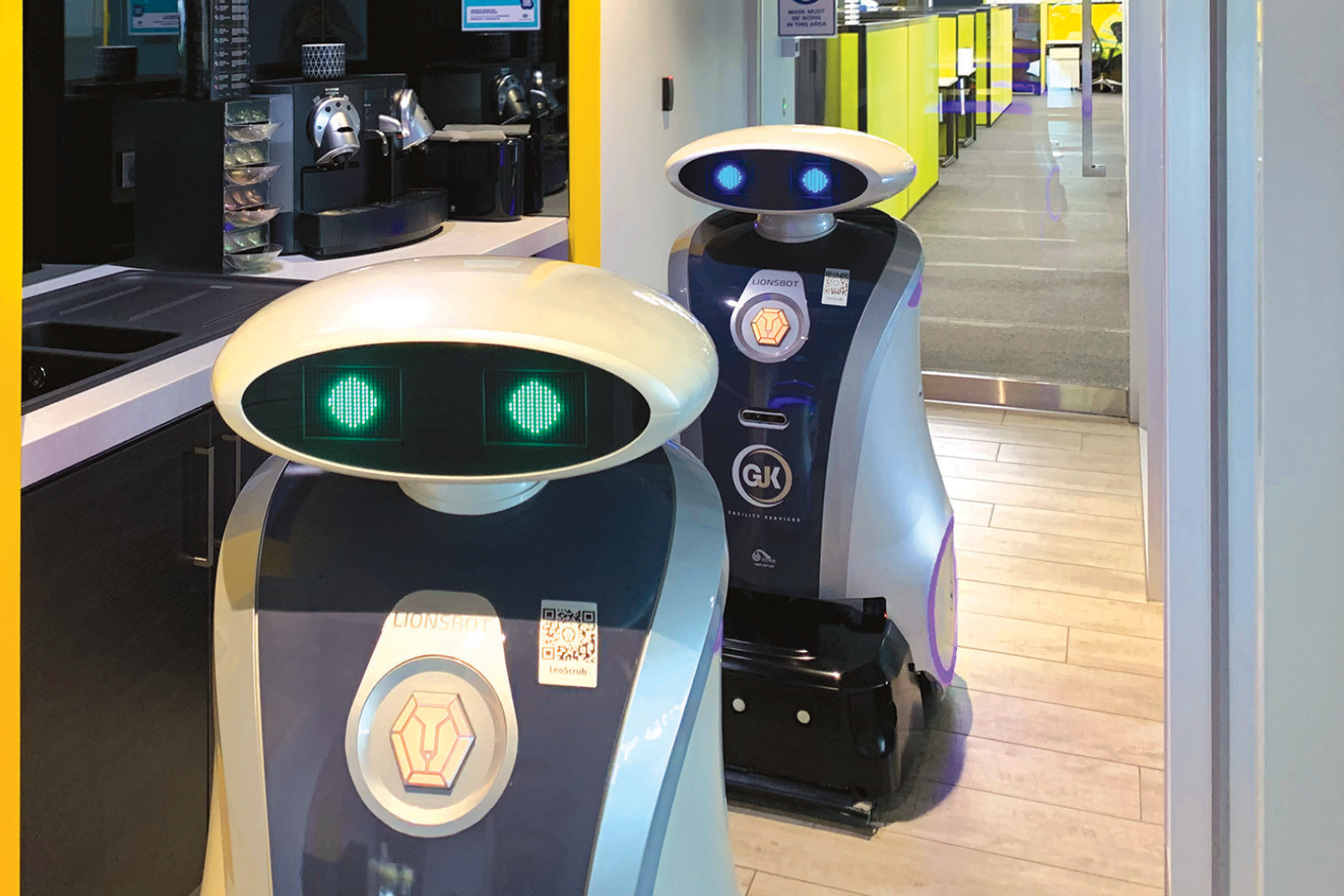Automated technology and robotics are advancing at lightning speed in the facility services and commercial cleaning sector.

The global market for cleaning robots is exploding and is forecasted to reach $24 billion by 2026.
Automated technology and robotics are advancing at lightning speed, and we are seeing them create a significant impact in the facility services and commercial cleaning sector. Their application can produce substantial benefits for a facilities’ operation, realising quality, efficiency and sustainability benefits.
In the Financial Review article ‘Robot revolution a clean sweep for building managers’, GJK looks at the types of robotics in the commercial cleaning industry today and what we can expect to see in the future. We also explore why facility services providers are turning to robotics and other tech, and what this means for frontline workers.
Why Are We Turning to Robotics in the Commercial Cleaning Industry?
The global market for cleaning robots is exploding and is forecasted to reach $24 billion by 2026. This trend has been fueled by global production efficiencies, improvements in technology and rising labour costs. COVID-19 pandemic has also amplified the need for robotics to clean our facilities due to heightened demand for cleanliness, safety and fewer people in public spaces.
Even when COVID is a thing of the past, we won’t be returning to pre-COVID levels of cleaning. The pandemic has fundamentally changed people’s expectations of cleanliness, health and safety in public spaces and workplaces.
The data that robotics can produce is also a game-changer. Using AI- technology, they can record and report on tasks and routes completed; answering the need for greater transparency into service delivery by customers and providing service teams with the tools to make informed decisions for improved operational decision-making. “The idea is about making the facility far more intelligent so that cleaners aren’t responding to pre-programmed, uninformed and unproductive schedules,” Elias Stamas says in the AFR. “They’re responding to the data and that’s really exciting.”
All these factors – plus the cost pressures of building management – have created the ideal condition for facility service providers to turn to robotic technology to help them deliver a faster, safer and more economical service.
Commercial Cleaning Robotics Today
There is a wide range of new automated robotics in the commercial cleaning industry today. Predominantly designed to clean floors, they now work autonomously with minimal human intervention, intelligently adjusting themselves to work on different surfaces and across any facility.
Rather than working randomly around the space, these robots work to mapped paths, and then, using AI technology, they learn to improve these paths to work more efficiently. In the Sept/Oct CEO Magazine , Elias Stamas comments further about robotics in our industry: “From robots that can follow our staff via a Bluetooth connection to robots that can intelligently adjust to different surfaces and scenarios, I don’t think there is an end to the possibilities,” he says.
SMART machines can also work as a fleet – talking to one another to eliminate repetition or making vacuuming and mopping happen sequentially on the same path. The robots capture data, providing operators with “actionable insights” enabling better management of routines, locations and mapping.
Robotics today are easier to use, are safe, eco-friendly and perform exceptionally well. They can be interactive and provide additional services, like concierge. Additionally, they don’t have to be operated by technical experts. Cleaners can be upskilled through training to manage them via an App.
What are the Benefits?
Cleaning is one of the largest costs in building management today. So, it is no surprise that facility service providers and building managers are looking at robotics as solutions to drive down costs. Robotics are increasingly economical to purchase, and they can reduce labor hours without compromising on quality.
AI-powered robotics today produce faster, consistent, quality results. They also deliver safety outcomes by undertaking repetitive and manual tasks that can sustain an injury, to leaving drier floors. This technology can also use less water and energy, and in some instances, no chemicals, so the impact on sustainability and carbon footprints is significant.
Customers today are requiring a better overview of their facility operations. The data, reports and insights robotics and other technologies can provide will assist with this.
Not a threat to Jobs
Robots can’t do everything. People will remain highly valued in our industry. Currently, robots mainly just clean floors, so there are plenty of cleaning tasks that still require a person to do.
Using robots can free up cleaning teams enabling them to concentrate on other tasks and improve quality in other areas. For example, they might increase touchpoint cleaning or spend more time on highly used areas of a facility. These changes will also mean that cleaners may need to upskill to manage the robots or branch out to manage other facility tasks.
“Cleaners’ roles will change with the rise of robotics and automation in our industry and we’re already seeing that now,” continues Elias Stamas in the AFR, “A lot of our cleaners, particularly in those spaces where the robots are freeing them up, have been trained in how to do maintenance and handyman work onsite as well.
“These are high-dexterity tasks that a robot can’t do, but the cleaners are onsite and they’ve now got the excess capacity, so they’re able to offer our clients that additional service.”
In the future, a cleaning company’s fleet will comprise both people and devices working together. with experts believing we will see improvements in cleaners’ jobs with less repetitive work and manual strains and more job opportunities.
